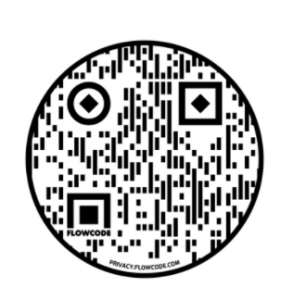1
Perceptions and Practices
Max van Aanholt; Sharoma Booker; Jumana Al Shehabi; and Annelijne Holtslag
After reading about different perspectives on (dis)abilities and engaging in the embedded activities and reflections you will be able to:
- critically evaluate your own perspectives on (dis)abilities.
- recognize the perspectives on (dis)abilities described in this chapter.
- use parts of perspectives that appeal to you in practical situations in an inclusive international school setting
Introduction
The term (dis)ability is a complex concept because it has been defined and interpreted through individual, group, national, cultural and local perspectives. The way we understand (dis)abilities affects the interactions we have with people with (dis)abilities (Bryant et al., 2020). In order to better understand the ways that individuals and groups construct meaning around the concept of (dis)abilities, we will take a look at different perspectives.
BEFORE YOU START
Before reading this chapter, define the term “(dis)ability” in your own words. Discuss or record your answer.
We asked you to define the concept of (dis)abilities for several reasons:
- Defining and conceptualizing the term ‘(dis)abilities’ is complicated.
- The way you think about what it means to have a (dis)ability affects the way you interact with people with (dis)abilities. These interactions can have long-term negative impacts on your students, for instance through low or irrationally high expectations (Bryant, Bryant & Smith, 2020).
In this chapter we put the (dis) in (dis)ability in brackets. This is intended to remind you that the term depends on your perspective and reflects the difference in the language used in the literature l(disability, learning differences, variability, learning challenges, etc.).
Putting the (dis) in brackets is a deliberate choice. It depends on one's perspective whether it is a disability, a (learning) difference, a variability, an advantage, etc. The definition of the term is indefinite and depends on one’s perspective.

